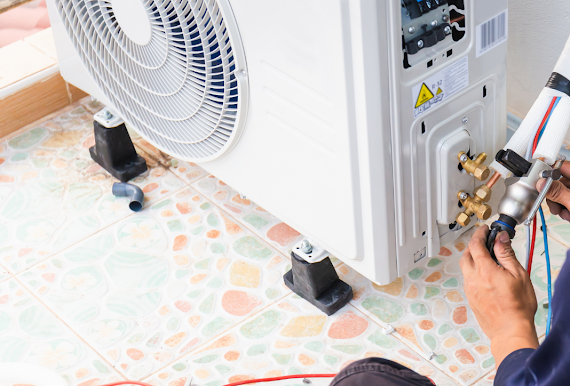Investing in a brand-new HVAC (Heating, Ventilation, and Air Conditioning) system is a significant decision for homeowners and businesses alike. While the benefits of enhanced comfort and energy efficiency are undeniable, it's crucial to understand the real cost involved in the installation process. In this article, we'll delve into the various factors that contribute to the expense of installing a new HVAC system, providing you with a comprehensive understanding of what to expect.
System Type and Size
The type and size of the HVAC system you choose play a pivotal role in determining the overall cost. Different systems, such as split systems, ductless mini-splits, and central air conditioning, come with varying price tags. Additionally, the size of the system should be tailored to the specific needs of your space. An HVAC professional will conduct a thorough assessment to recommend the most suitable system for your requirements.
Quality of Equipment
The quality and brand of the HVAC equipment also influence the total cost. High-efficiency systems from reputable manufacturers might have a higher upfront cost but can result in long-term savings through increased energy efficiency and durability. It's essential to strike a balance between upfront expenses and long-term benefits when selecting the equipment.
Ductwork Installation or Modification
If your property doesn't have existing ductwork or requires modifications, this will add to the installation cost. Ductwork is crucial for the efficient distribution of air throughout your home or building. The complexity of the ductwork design, the materials used, and the need for modifications will impact the overall cost.
Labor Costs
HVAC installation is a skilled task that requires the expertise of licensed professionals. Labor costs can vary based on geographical location, the complexity of the installation, and the time required to complete the project. Obtaining multiple quotes from reputable HVAC contractors is advisable to ensure a fair and competitive price.
Permitting and Local Regulations
Many municipalities require permits for HVAC installations, and failure to obtain the necessary permits can result in fines. The cost of permits and compliance with local building codes should be factored into your budget. An experienced HVAC contractor will be familiar with local regulations and can assist in obtaining the required permits.
Additional Features and Accessories
Upgrading your HVAC system with additional features such as programmable thermostats, air purifiers, or zone control systems can increase the overall cost. While these additions enhance comfort and energy efficiency, it's essential to consider their impact on your budget.
Maintenance and Extended Warranty
While not directly part of the installation cost, it's wise to consider ongoing expenses such as maintenance and warranty coverage. Regular maintenance ensures the longevity and optimal performance of your HVAC system, while an extended warranty provides financial protection against unforeseen repairs.
<a href="https://www.bloglovin.com/blog/21522057/?claim=nm6f54smjee">Follow my blog with Bloglovin</a>
Conclusion
Understanding the real cost of installing a brand-new HVAC system requires careful consideration of various factors. By working with reputable HVAC professionals, conducting a thorough assessment of your needs, and factoring in all associated costs, you can make an informed decision that not only meets your comfort requirements but also aligns with your budget. Investing in a high-quality HVAC system pays dividends in energy efficiency, comfort, and long-term savings, making it a valuable investment for your home or business.




